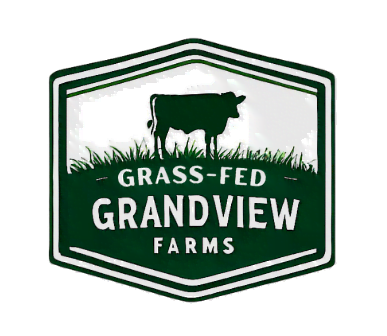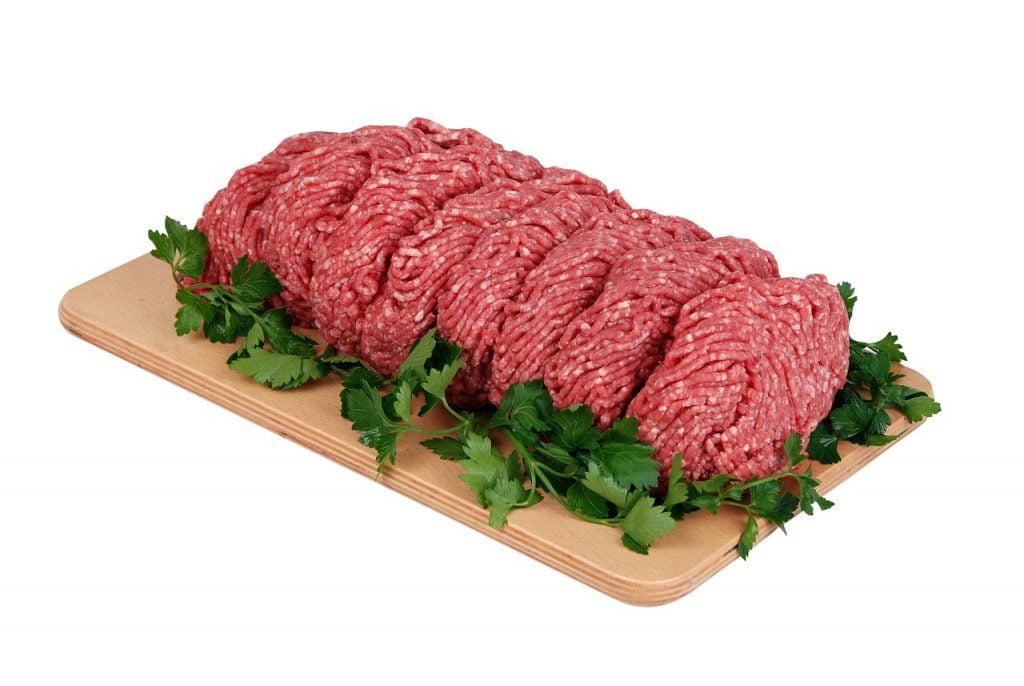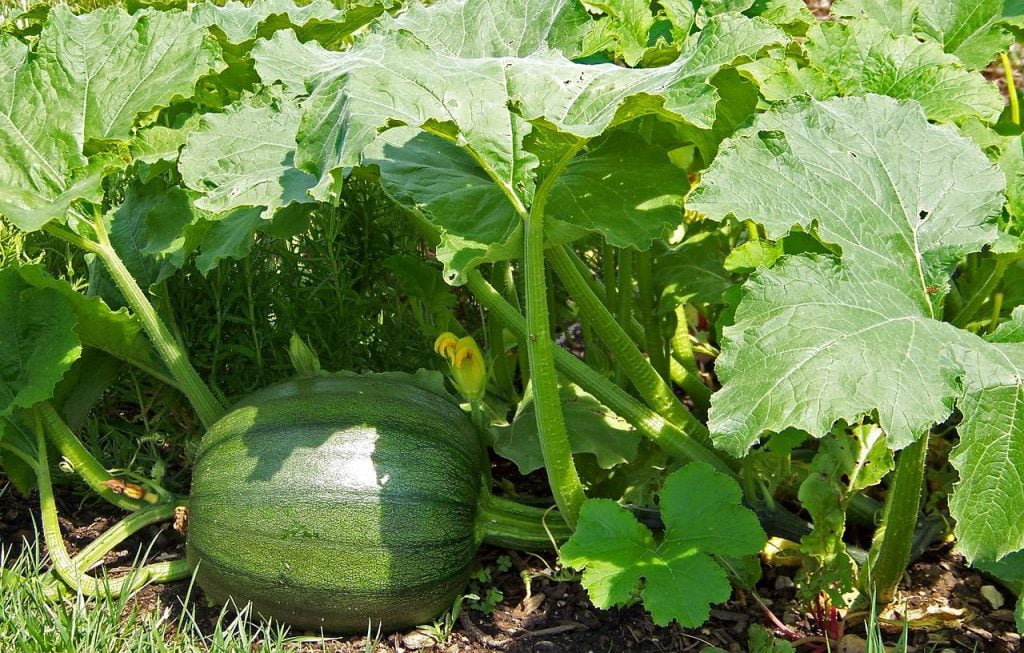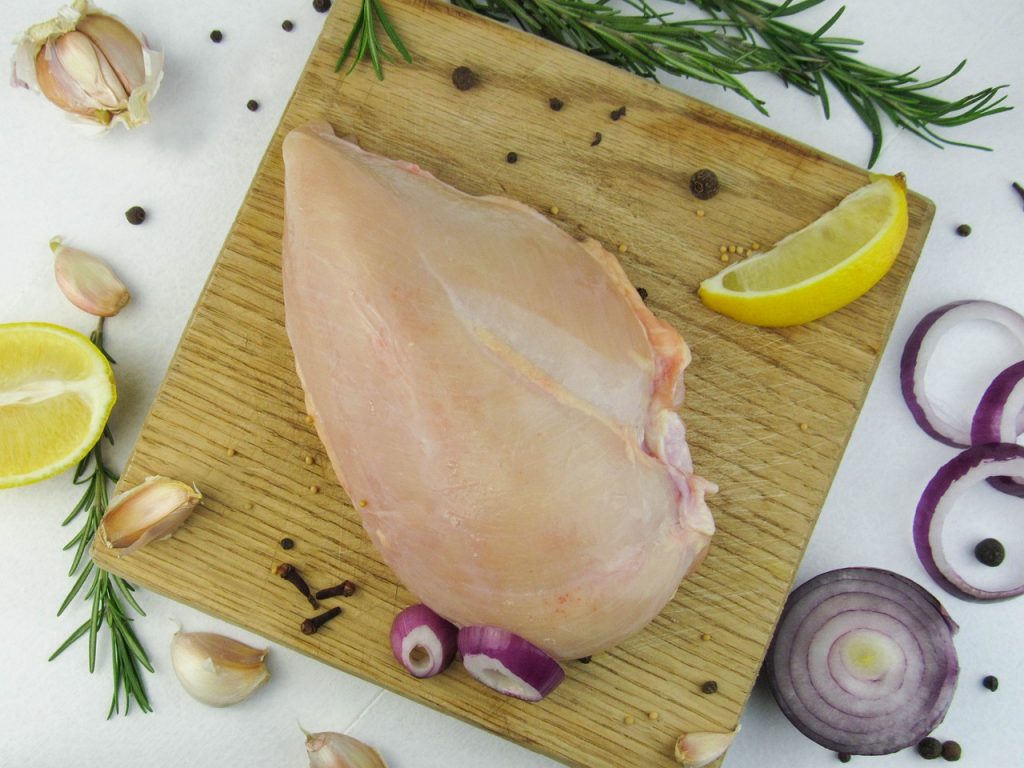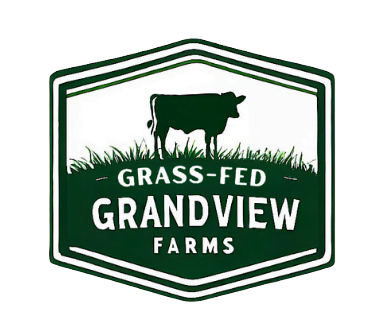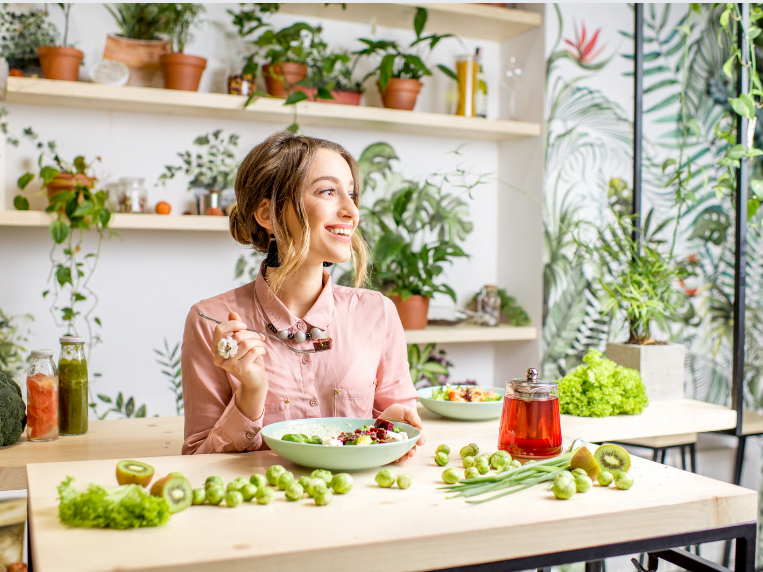
In today’s world, where climate change and environmental degradation pose urgent threats, every action counts. And that includes the small yet impactful choices we make as consumers. But navigating the often-confusing world of sustainable Ingredients List of shopping can be overwhelming. Worry not, eco-conscious warriors! This comprehensive guide equips you with the essential ingredient list for conquering sustainable shopping, complete with stats, informative insights, and a dash of fun facts to keep you engaged.
Pantry Staples, Sustainably Sourced:
Organic Grains: Ditch the conventional, chemical-laden grains and opt for organic alternatives like quinoa, brown rice, and oats. Did you know? Organic agriculture emits 45% less greenhouse gas than conventional methods! (Source: Rodale Institute)
Locally Grown Produce: Embrace the seasonal bounty of your region by choosing fruits and vegetables grown nearby. This reduces transportation emissions and supports local farmers. Fun fact: Locally sourced food can last up to 10 times longer than commercially transported alternatives!
Fair Trade Coffee and Tea: Elevate your morning brew with ethically sourced coffee and tea. Look for Fair Trade certifications to ensure farmers receive fair wages and working conditions. Did you know? The global fair trade market reached a staggering $8.7 billion in 2021! (Source: Fairtrade International)
Plant-Based Proteins: Reduce your meat intake and explore the world of plant-based proteins like lentils, beans, and tofu. These are not only sustainable but also offer a nutritional powerhouse! Fun fact: A single serving of lentils has more protein than an egg!
Cleaning Champions: Natural and Effective:
Vinegar and Baking Soda: This dynamic duo tackles grime and grease without harsh chemicals. Did you know? Vinegar production generates significantly less waste compared to conventional cleaning products!
Essential Oils: Harness the power of nature with lavender, lemon, or tea tree oil for natural disinfectants and air fresheners. Fun fact: A single drop of lavender essential oil can diffuse for up to 12 hours!
Microfiber Cloths: Ditch the paper towels and invest in reusable microfiber cloths that effectively clean without contributing to landfill waste. Did you know? A single microfiber cloth can replace hundreds of paper towels!
Fashion Forward with Sustainable Ingredients List of Threads:
Second-hand Chic: Embrace the pre-loved! Opt for thrift stores or online platforms to find unique and stylish pieces with minimal environmental impact. Fun fact: The resale clothing market is predicted to reach $511 billion by 2025! (Source: ThredUp)
Natural Fabrics: Choose clothing made from organic cotton, hemp, or linen for breathable and eco-friendly options. Did you know? Organic cotton cultivation uses 91% less water than conventional cotton!
Durable Designs: Invest in quality-made pieces that will last for years, reducing the need for frequent replacements. Fun fact: Repairing just one item of clothing can save 3.5kg of carbon dioxide and 2,700 liters of water! (Source: WRAP)
Home Sweet Eco-Home:
Energy-Efficient Appliances: Upgrade your appliances to Energy Star certified models that consume less energy while maintaining performance. Did you know? Upgrading to an Energy Star refrigerator can save you $200 or more per year!
LED Lighting: Make the switch to LED bulbs for long-lasting and energy-efficient illumination. Fun fact: LED bulbs can last up to 25 times longer than traditional incandescent bulbs!
Reusable Products: Ditch the disposables and invest in reusable options for water bottles, coffee mugs, and shopping bags. Did you know? Using a reusable water bottle for just one year can save 167 plastic bottles from ending up in landfills!
Beyond the List: Embracing a Sustainable Lifestyle:
Reduce, Reuse, Recycle: This mantra remains the cornerstone of sustainable living. Minimize waste, give new life to pre-loved items, and responsibly dispose of what you can’t reuse.
Support Sustainable Brands: Choose companies committed to ethical practices and environmental responsibility. Look for certifications like B Corp or Fairtrade to guide your choices.
Spread the Word: Be an advocate for sustainable living! Share your knowledge, inspire others, and make conscious choices a collective effort.
Remember, sustainable shopping is a journey, not a destination. Start small, celebrate your wins, and don’t be discouraged by setbacks. With this essential ingredient list and a conscious mindset, you can conquer the world of sustainable shopping and contribute to a greener future, one purchase at a time!
Deep Dive: Conquering Sustainable Cleaning with Natural Champions
Within the essential ingredient list for conquering sustainable shopping, cleaning supplies deserve further exploration. Ditching harsh chemicals and embracing green warriors isn’t just good for the planet, it’s kind to your health and budget too! Let’s explore the natural champions of Sustainable ingredients list for cleaning:
The Dynamic Duo: Vinegar and Baking Soda:
Vinegar: This acidic powerhouse tackles grime, grease, and even mildew. Diluted white vinegar works wonders on windows, countertops, and appliances. Fun fact: Vinegar production generates 90% less air pollution than conventional cleaners!
Baking Soda: A natural deodorizer and mild abrasive, baking soda cleans ovens, sinks, and removes carpet stains. Did you know? Baking soda is non-toxic and safe for pets and children, making it a family-friendly cleaning choice.
Essential Oil Powerhouse:
Lavender: This calming oil acts as a disinfectant and air freshener, perfect for bedrooms and linens. Bonus: its scent promotes relaxation and sleep.
Lemon: A natural antibacterial and deodorizer, lemon oil tackles kitchen messes and leaves surfaces sparkling. Fun fact: A few drops of lemon oil in a diffuser can boost your mood and concentration!
Tea Tree Oil: This potent oil acts as a powerful disinfectant and mold fighter, ideal for bathrooms and showers. Did you know? Tea tree oil can even be used to combat pesky houseplants pests!
Microfiber Mania:
Ditch paper towels and embrace the versatility of microfiber cloths. These reusable wonders effectively clean most surfaces without harsh chemicals or contributing to landfill waste. Fun fact: A single microfiber cloth can replace hundreds of paper towels, saving trees and reducing carbon footprint!
Green Cleaning DIY Recipes:
All-Purpose Cleaner: Mix equal parts water and vinegar in a spray bottle. Add a few drops of your favorite essential oil for a pleasant scent.
Scouring Paste: Combine baking soda with a little water to form a paste. Great for tackling tough stains on sinks and ovens.
Window Cleaner: Mix 1/2 cup white vinegar with 1 cup water and a squeeze of lemon juice. Streak-free windows guaranteed!
These natural champions go beyond simply cleaning your home; they empower you to make an eco-conscious choice with every wipe and spray. Remember, consistency is key. Start small, replace one conventional product with a natural alternative, and watch your green cleaning arsenal grow!
Fashion Forward: Ethical Threads for a Conscious Wardrobe
The fashion industry has a significant environmental and social impact. But fear not, eco-conscious fashionistas! This subheading delves deeper into choosing ethical threads for a sustainable wardrobe:
Beyond Second-hand Chic:
While thrifting remains a fantastic way to reduce your fashion footprint, explore other avenues for ethical clothing. Look for:
Sustainable Brands: Research brands committed to fair labor practices, organic materials, and responsible production. Certifications like GOTS (Global Organic Textile Standard) and Fair Wear Foundation can guide your choices.
Upcycled Designs: Give pre-loved garments a new lease on life! Support designers who transform vintage clothing or scrap materials into unique and stylish pieces.
Local Craftsmanship: Opt for locally-made clothing that supports your community and reduces transportation emissions. Look for artisan-crafted pieces or small independent designers.
Natural Fabrics FTW:
Embrace the comfort and sustainability of natural materials like:
Organic Cotton: Grown without harmful pesticides, organic cotton reduces environmental impact and protects farmers’ health. Did you know? Organic cotton cultivation uses 70% less water than conventional cotton!
Linen: This durable and breathable fabric requires minimal water and chemicals during production. Its longevity reduces the need for frequent replacements.
Hemp: A fast-growing and versatile crop, hemp requires minimal water and thrives on marginal land. Its strong fibers create durable and naturally anti-bacterial clothing.
Durability Matters:
Investing in well-made pieces extends their lifespan and reduces fashion waste. Look for:
Quality Stitching and Construction: Choose garments with reinforced seams and durable materials that withstand wear and tear.
Classic Styles over Trends: Opt for timeless pieces that won’t go out of style quickly, reducing the need for frequent updates.
Proper Care and Repair: Learn basic mending techniques to extend the life of your clothes and avoid discarding them for minor tears or rips.
By being intentional about your fashion choices, you can express your unique style while minimizing your environmental and social impact. Remember, your wardrobe can be a canvas for creativity and conscious consumerism.
Conquering Sustainable Shopping: A Journey Towards a Greener Future
This comprehensive guide has equipped you with the essential Sustainable ingredients list for conquering sustainable shopping. From stocking your pantry with organic staples and locally grown produce to embracing natural cleaning champions and ethical fashion threads, every small step makes a difference. Remember, it’s about progress, not perfection. Start small, celebrate your wins, and inspire others to join the journey.
Thank you for reading blogs from Grandviewfarms.
You may also like:
Ultimate Crunch, Ultimate Cheese: The Bacon and Cheddar Burger is the King of the Grill
Global Eats: Corned Beef Eye Round – A Savory Passport Stamp in Every Bite
Kiss the Grain Goodbye: Grass-Fed Brisket – The Tender Truth Behind the Smoke
